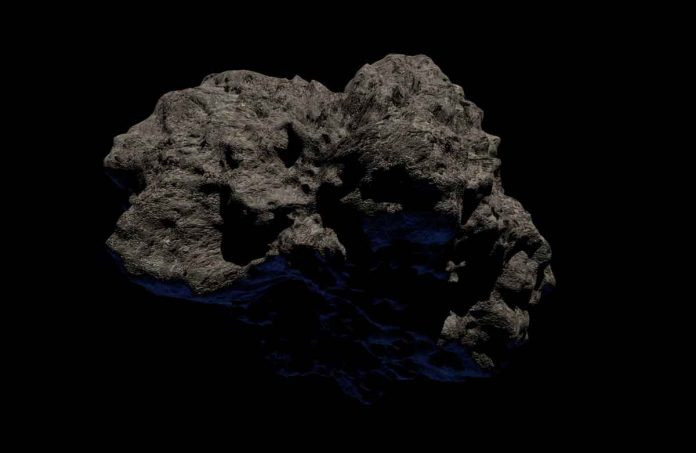NASA’s Near-Earth Object Observation Program documents all asteroid sightings which could pose a potential threat to our planet. Geographical constraints mean that somewhere between 2% and 7% of asteroids are not detected.
Former director of the Canberra Deep Space Communications Complex and UNSW Canberra Professor of Practice, Ed Kruzins, thinks Canberra could help fill that important gap.
Scientists discovered that the 70-meter antenna at Tidbinbilla could be used to illuminate asteroids via radio waves and collect valuable data. UNSW Canberra Space worked with scientists to analyze the signals and contribute to the NASA catalog.
Canberra was well placed to assist in the vital task of asteroid sighting as it was coupled with the University’s telescopes which were located at the ADFA campus and another in Yass. Catastrophic asteroid events are very rare.
They are attributed to instances of mass extinction. Most famously wiping out three-quarters of life on the Earth. It includes dinosaurs. It happened 66 million years ago. Scientists think the asteroid is about 10 to 15 kilometers wide.
A smaller asteroid named Chelyabinsk meteor injured almost 1,500 people and damaged 7,200 buildings in Cherbakyl, Russia. It was measured to be 20 meters. This event happened in 2013.
A 50 to 60 meter meteoroid exploded over a sparsely populated area in Tungaska, Siberia, in 1908. It flattened an estimated 80 million trees over an area of 2,150 square kilometers.
The Tungaska event is the largest impact event on Earth in modern history. But larger asteroids do exist and their impact can be devastating.
NASA is investigating how asteroids can be deflected if they appear to be too close. The recently launched Double Asteroid Redirection Test aims to test how firing a kinetic object at an asteroid could deflect its course.

